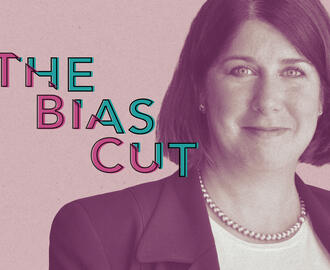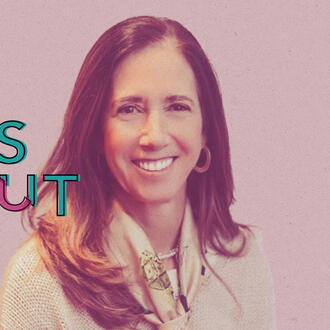A 2023 women’s leadership study from LeanIn.org and McKinsey & Co. found that American women held 40% of corporate management positions, and women continue to fight underrepresentation when it comes to board positions and CEO roles. They also face gender bias, harassment, and opposition to their management styles.
Here’s how one MIT Sloan alumna has pushed back on those statistics and used what she’s learned along the way to help those behind her.
Monica Kothari, MBA ’19, senior manager of compensation consulting at Capital One. Previously, Kothari was an analyst with asset management firm GCM Grosvenor.
Given what you know now, what would you tell your younger self about being a woman in your industry?
I would encourage her to take up space and be confident. I was good at my previous job but rarely spoke up in meetings for fear of saying the wrong thing. Working in a male-dominated industry (asset management), there were few women role models to instill confidence by example. It’s something I didn’t come to appreciate until I was wiser and more experienced.
What is the most difficult lesson you’ve learned in your professional life? In what unexpected ways did you grow from it?
Throughout my career, I’ve always taken on extra work and projects because I’ve wanted to stand out. But striking a healthy balance has been difficult, and I often found myself working late into the night or pushing through stressful days without a moment to relax. While I value my commitment to going above and beyond, I’ve come to recognize the importance of setting realistic boundaries and overcoming the fear of saying no. I’ve become more mindful of my bandwidth and careful about what I commit to. It’s a crucial lesson, especially as someone leading a team. Recognizing that my decisions no longer impact just me, I now prioritize establishing healthy boundaries to safeguard both my well-being and my team’s capacity.
What’s one specific way you tend to your well-being, and how do you encourage well-being among your staff?
A big unlock for me has been using a fitness tracker: It tracks various biometrics, like heart rate, stress, sleep, temperature, and more. I check it often throughout the day and set aside a few minutes to do breathing exercises and reset when my stress is elevated. I’ve found it’s really helped my focus at work.
In terms of my team, I lead by example: I take my PTO and fully unplug when I am out of office. I’ve worked in organizations with leaders who grind even while away from the office, creating that implicit expectation among their team. Similarly, I discourage after-hours emails across the team to allow people to focus on their personal lives after work.
What’s one skill or behavior women can adopt to make their career path more successful and more manageable?
Women need to embrace self-promotion and self-advocacy. I talk to so many friends and colleagues who downplay their skills, achievements, and ambitions, and at times I am guilty of this too. It’s crucial for women to recognize the value they bring to the table and to be vocal about their accomplishments.
If you could snap your fingers and change one thing about workplaces, societal norms, or public policies that would most benefit women in the workforce, what would it be?
I wish I could snap my fingers to ensure affordable child care. The current challenges in accessing child care often force women to make tough decisions between professional goals and family responsibilities. Affordable and reliable services would help empower women to fully participate in the workforce, pursue career advancement, and continue their remarkable contributions to the workplace. This change would not only support women in achieving their professional aspirations but also aid in creating a more equitable and inclusive work environment.



